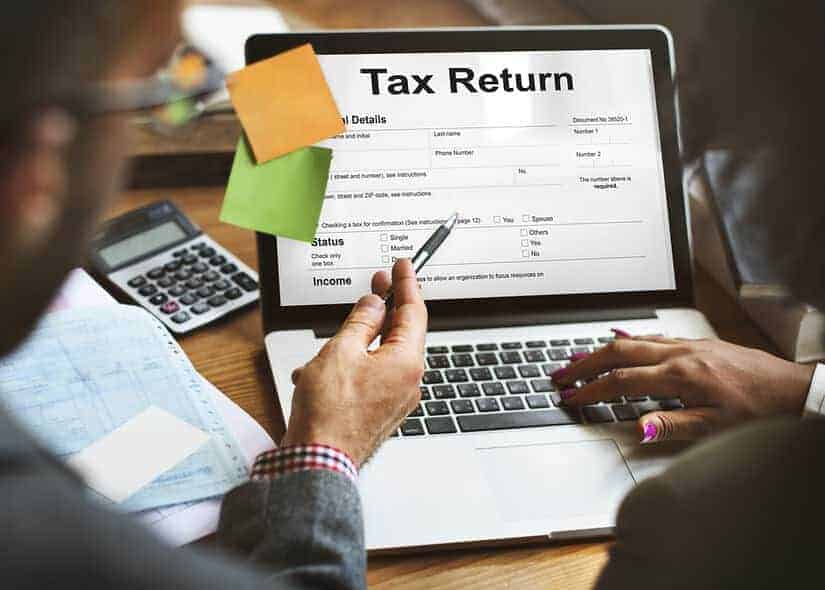Taxes and Investments: Mutual funds, bonds, and home ownership: all of these are great investment vehicles to ensure security for your future.
But before you get ready to collect on any high-earning investments, it’s important to understand how investments are taxed, as well as how to make the most of your investments and avoid potential tax pitfalls.
Bonds
Government Savings Bonds are exempt from local and state taxes, and you can defer federal taxes until the bond is redeemed or until it matures. Municipal Bonds, issued by a local city or town, are not subject to taxes at the federal or state level ― but they generally have lower interest rates. Qualified students may turn to Inflation-Adjusted Savings Bonds, or “I Bonds,” which allow you to deduct the interest you pay (after redeeming the bond) from your taxes.
Mutual Funds
If you make an investment in a mutual fund, the fund is required to make yearly payouts of your capital gains (which are subject to capital gains taxes). It’s recommended that you invest in a fund that “carries over” its capital losses from previous years, so that even if you have a profitable investment year, you will be able to use the capital losses to offset your taxes.
Private Foundations
If you run a tax-exempt private charitable foundation, you may still have to pay taxes on your investment income due to a 2% excise tax. This tax is meant to defray the cost that the government incurs in regulating private foundations. Foundations that provide lower amounts of grants may only pay taxes of 1%, and some foundations (such as exempt operating foundations) may pay no taxes at all.
Appreciating Investments
If you are able to hang onto an investment that appreciates in value (such as a house or piece of art) you should try to sell it during a less successful financial year.
Since an appreciating investment yields no income to you, strategically holding (and selling) your investment can help keep you in a lower income tax bracket and reduce your capital gains tax.




